# 339 Deck thyself, my soul, with gladness
Words: Johann Franck
Tune: Schmücke dich
Composer: Johann Cruger
When I was growing up in the Lutheran Church, the organist played this hymn every Sunday we took communion, so I profess to be very fond of this hymn. For me it is one of the most moving and beautiful hymns.
It entered the Episcopal Hymnal with the 1940 edition, bringing this and a number of German church songs into our Sunday services. The text by Johann Franck first appeared in 1646 in his hymnal, Hundert-Thonige Vater Unsers Harffe. There were originally 9 verses; our hymnal uses verses 1, 7, and 9. It was translated into English by Catherine Winkworth, an Englishwoman who having spent a year in Germany, Lyra Germanica, containing numerous German hymns translated into English. She went on to publish another series of German hymns in 1858. In 1863, she came out with The Chorale Book for England, and in 1869, Christian Singers of Germany. More than any other single person, she helped bring the German chorale tradition to the English speaking world.
The tune’s composer, Johann Cruger, had a distinguished career in Austria and Germany as a musician teacher. Of his hymn tunes, which are generally noble and simple in style, some 20 are still in use, the best known probably being that to "Nun danket alle Gott” which is set to No. 379 in Hymns Ancient & Modern, ed. 1875. His claim to notice in this work is as editor and contributor to several of the most important German hymnological works of the 16th century.
Here are the organ and choir of the National Cathedral. Lovely. https://www.youtube.com/watch?v=CjZ3JwrXwz8

